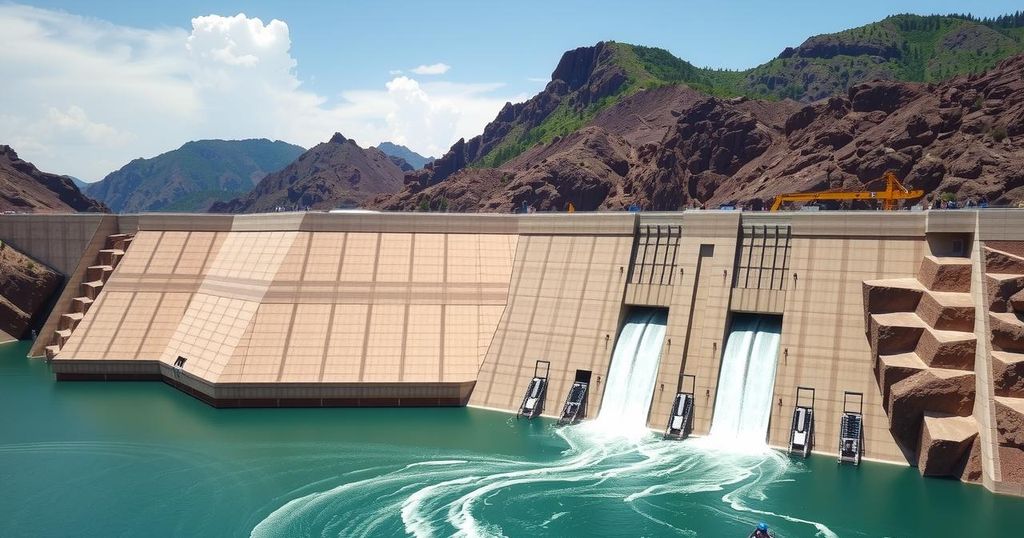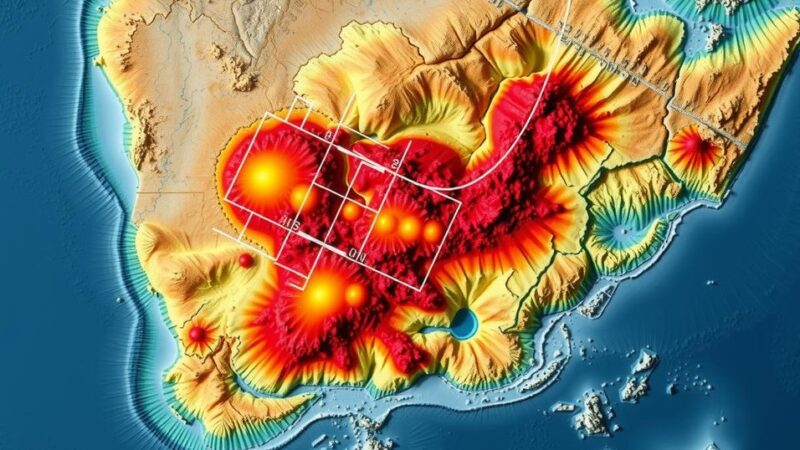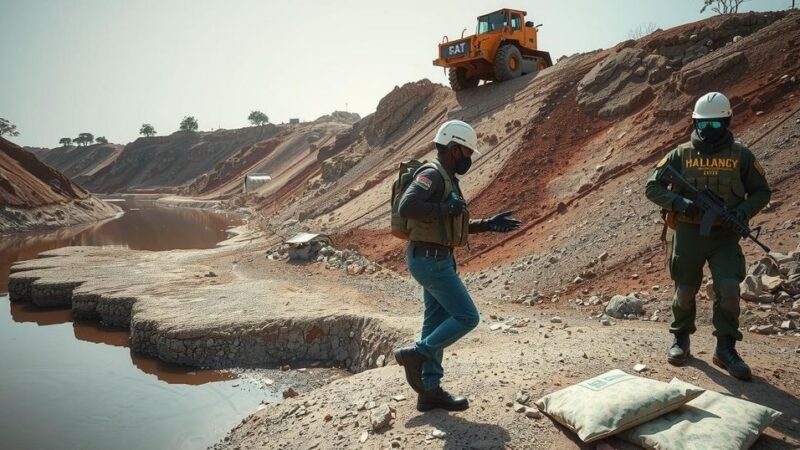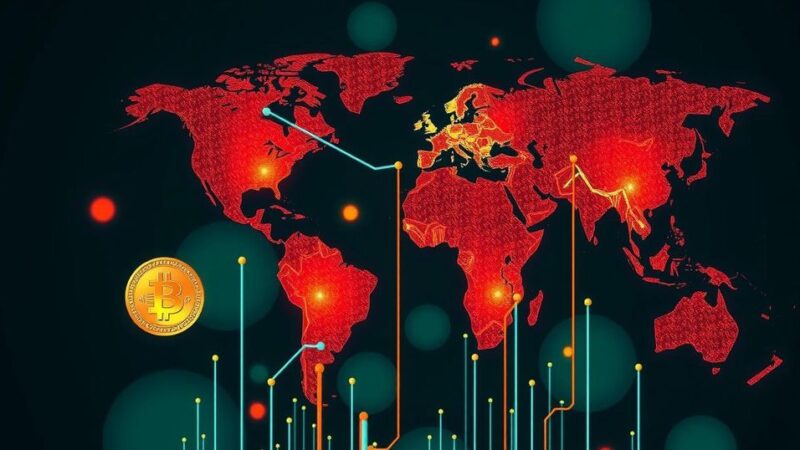The World Bank is reversing its prior stance and re-entering the financing of large hydroelectric projects like the $6.3 billion Rogun Dam in Tajikistan and Inga 3 in the Democratic Republic of Congo. This shift, aimed at promoting renewable energy, raises concerns about social and environmental impacts, as critics warn of displacement, ecological damage, and the declining competitiveness of hydro projects compared to alternative energy sources.
In a significant policy reversal, the World Bank is recommitting to financing large hydroelectric dams after a prolonged period of hesitance. Historically, the bank dominated the funding of major hydro projects throughout the latter part of the 20th century, but in the last two decades, internal debates have led to its reduced involvement due to concerns over the social and environmental implications associated with such massive undertakings. Recently, however, the bank’s board approved a $6.3 billion plan to finance the Rogun Dam in Tajikistan, which, when completed, is expected to be the world’s tallest dam. Furthermore, discussions are underway regarding financing Inga 3 in the Democratic Republic of Congo, part of a monumental $100 billion initiative to revamp regional hydropower. Such developments suggest a renewed focus on large hydropower projects, despite the significant critiques and challenges that come with them.
During the past decade, the World Bank has only supported one major hydro project, indicating a cautious approach in response to growing skepticism from both internal and external stakeholders. The recent approvals signal a potential shift back to supporting large projects, with financial backing for the Rogun and Grand Inga projects, which are projected to generate considerable renewable energy despite raising environmental and social concerns. The risks involved in these projects include displacing thousands of residents, altering regional ecosystems, and the questionable feasibility of such costly investments in light of rapidly descending costs of alternative energy sources like solar and wind.
The World Bank’s renewed commitment to large dams has sparked apprehension among environmental advocacy groups. Critics express concerns that these projects would exacerbate existing issues such as economic displacement and ecological degradation while prioritizing prestige over sustainability. The bank’s support for these projects has raised alarms that it could lend unwarranted legitimacy to the dam-building industry, encouraging further large-scale projects despite mounting evidence against them. The upshot of this situation reflects the ongoing tension between renewable energy needs and the social/environemental responsibilities the bank must consider.
The World Bank’s involvement in hydropower development has oscillated significantly over recent decades. Originally a staunch supporter of large hydropower projects, the bank faced mounting criticism in the late 1990s due to the negative social and environmental impacts associated with dam constructions. In response to this backlash, the World Commission on Dams was established to provide oversight and recommendations, which the bank subsequently ignored. Recently, under the presidency of Ajay Banga, the bank has appeared to signal a renewed interest in high-profile dam projects. As the global energy landscape evolves, with a greater emphasis on clean energy investments, the shift back to large hydro projects raises critical questions about sustainable development in an era of alternative renewable energies.
In conclusion, the World Bank’s recent decision to finance large hydroelectric projects, including the controversial Rogun Dam and Inga 3, signifies a significant pivot from its previous cautious stance regarding large-scale infrastructure projects. While proponents argue that these dams can contribute meaningfully to renewable energy generation, critics highlight the substantial environmental and social costs associated with such endeavors. As discussions continue, the ramifications of this shift for global energy policies and local communities must be diligently examined, balanced against the pressing need for sustainable and equitable energy solutions.
Original Source: e360.yale.edu







